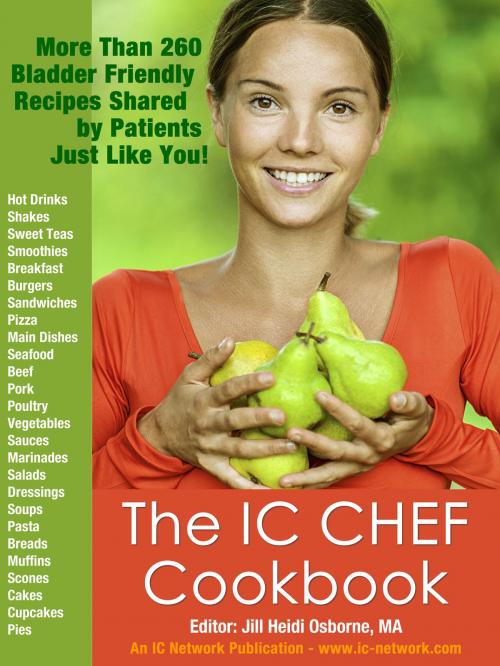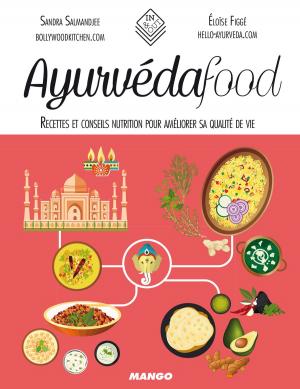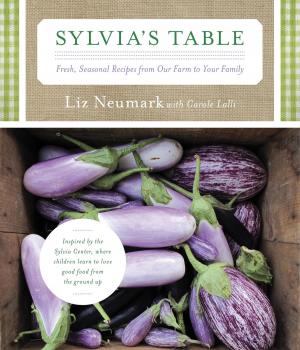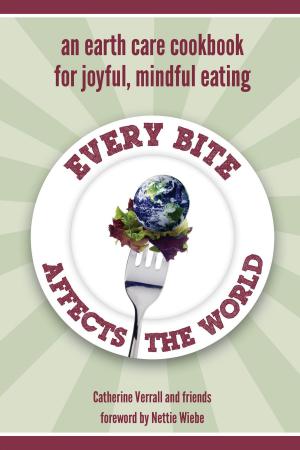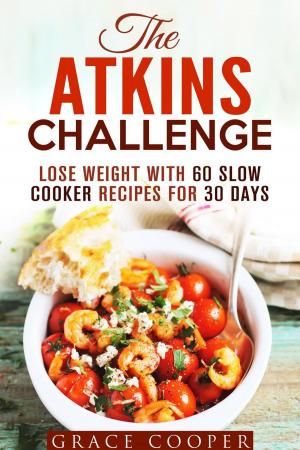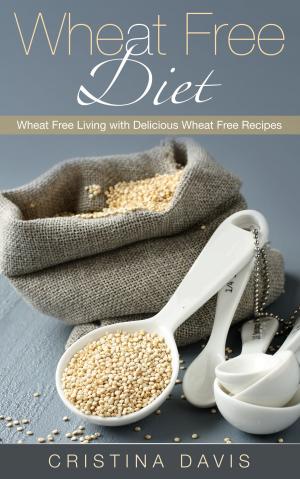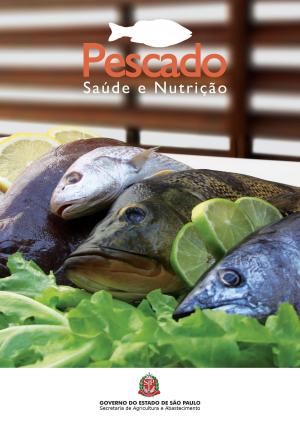| Author: | Jill Osborne | ISBN: | 9781311235404 |
| Publisher: | Jill Osborne | Publication: | May 14, 2016 |
| Imprint: | Smashwords Edition | Language: | English |
| Author: | Jill Osborne |
| ISBN: | 9781311235404 |
| Publisher: | Jill Osborne |
| Publication: | May 14, 2016 |
| Imprint: | Smashwords Edition |
| Language: | English |
Although interstitial cystitis was identified over 130 years ago, it wasn’t until the advent of the Internet that patients could share information about IC, their diagnoses, treatment and, especially, diet with people all over the world. In fact, we can directly trace the acceptance of food as an IC trigger and the eventual inclusion in the AUA treatment guidelines for IC/BPS to the vast amount of information patients have shared with each other over the past two decades. Not surprisingly, these anecdotal reports of foods irritating our tender IC bladders were eventually confirmed in a variety of research studies proving that we, the IC patient, have considerable insight and experience to offer.
For the past twenty years, Jill Osborne and the thousands of members of the Interstitial Cystitis Network Forum (www.ic-network.com/forum) have shared their journeys with interstitial cystitis, including the recipes you find in this book. This cookbook is a celebration of that wisdom and, more, importantly the empowerment that patients experience when collaborating with each other.
For those patients asking “what can I eat without irritating my bladder,” this book is full of ideas. From Nomato Sauce that is a bladder friendly alternative to tomato based pasta sauce to finding a satisfying alternative to coffee or green tea, there are low acid options that work and work well! Ingredient substitutions do not mean that quality suffers. You can enjoy some of your favorite flavors again with just a little bit of creativity.
Just remember that every patient has different food tolerances. You will, most likely, be adapting many of these recipes for your own unique tolerances. If you see a recipe that you’d like to try but it contains an ingredient that you’re not sure of, just leave it out or look for a less intense substitute. Vinegar, for example, can be swapped with blueberry or pear juice. If onions bother you, try chives. Lemon juice may be swapped with a little bit of lemon zest. If you crave chocolate, try white chocolate or carob instead! I encourage you to play with flavors! You can enjoy cooking and meals again! Thank you, IC patients past and present, for sharing your tasty treats with us all.
Although interstitial cystitis was identified over 130 years ago, it wasn’t until the advent of the Internet that patients could share information about IC, their diagnoses, treatment and, especially, diet with people all over the world. In fact, we can directly trace the acceptance of food as an IC trigger and the eventual inclusion in the AUA treatment guidelines for IC/BPS to the vast amount of information patients have shared with each other over the past two decades. Not surprisingly, these anecdotal reports of foods irritating our tender IC bladders were eventually confirmed in a variety of research studies proving that we, the IC patient, have considerable insight and experience to offer.
For the past twenty years, Jill Osborne and the thousands of members of the Interstitial Cystitis Network Forum (www.ic-network.com/forum) have shared their journeys with interstitial cystitis, including the recipes you find in this book. This cookbook is a celebration of that wisdom and, more, importantly the empowerment that patients experience when collaborating with each other.
For those patients asking “what can I eat without irritating my bladder,” this book is full of ideas. From Nomato Sauce that is a bladder friendly alternative to tomato based pasta sauce to finding a satisfying alternative to coffee or green tea, there are low acid options that work and work well! Ingredient substitutions do not mean that quality suffers. You can enjoy some of your favorite flavors again with just a little bit of creativity.
Just remember that every patient has different food tolerances. You will, most likely, be adapting many of these recipes for your own unique tolerances. If you see a recipe that you’d like to try but it contains an ingredient that you’re not sure of, just leave it out or look for a less intense substitute. Vinegar, for example, can be swapped with blueberry or pear juice. If onions bother you, try chives. Lemon juice may be swapped with a little bit of lemon zest. If you crave chocolate, try white chocolate or carob instead! I encourage you to play with flavors! You can enjoy cooking and meals again! Thank you, IC patients past and present, for sharing your tasty treats with us all.
